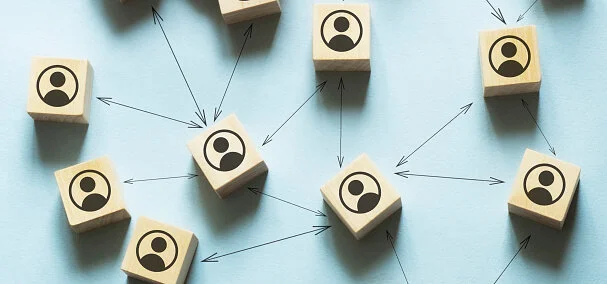I recently received the following note from a student in Belgium regarding logical-mathematical intelligence vs. interpersonal intelligence.
Dear Mr. Gardner,
I'm a Belgian student, I’m not doing any work on your theory, I’m just a curious reader of your book. Now that I know the basics of multiple intelligences, I have been able to apply it to myself and, unconsciously, to the people around me.
A certain person attracted my attention more than the others. In the first place, I thought that this person possessed a logical-mathematical intelligence as well as a highly developed interpersonal intelligence. However, the more I analyzed it, the more I wondered if his interpersonal intelligence was, in fact, not very developed but that his logical-mathematical intelligence was so developed that thanks to it he had the possibility of understanding human behavior. He understands them thanks to logic.
So my question is: "Could a great logical-mathematical intelligence compensate for a weak interpersonal intelligence?"
I apologize for my poor English. Hoping for an answer, I wish you all the best.
I suspect that what this student suggests is true. In Silicon Valley (center of computing in the United States) and in universities with a focus on engineering, there is an abundance of individuals “on the spectrum." I would conjecture that they navigate the personal spaces as well as they can, but that there will be blind spots and cues that they miss.
It's less easy to see how strong interpersonal intelligence could allow someone to succeed in math or science, but they might find a way to circumvent the usual requirements—one hopes, not by cheating!
